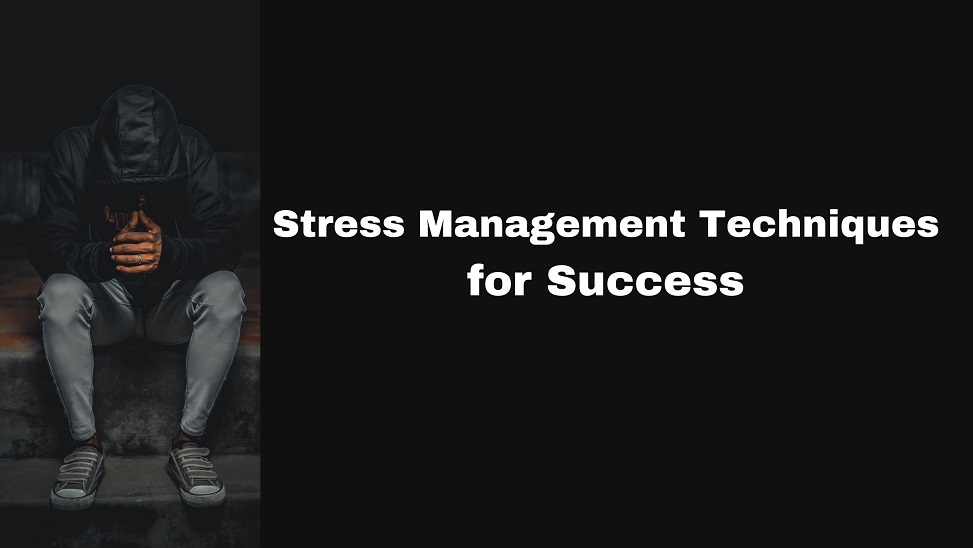Stress Management Techniques for Success
Stress management is a crucial skill for achieving success without sacrificing well-being in a world that demands peak performance and constant adaptation.
When left unmanaged, stress can hinder productivity, dampen creativity, and negatively impact physical and mental health.
This article explores effective stress management techniques that empower individuals to navigate challenges, enhance performance, and maintain a healthy work-life balance.
Time Management and Prioritization
Effective time management is a cornerstone of stress management. Organize tasks by priority, break them into manageable steps, and allocate sufficient time for each.
Prioritizing tasks helps prevent feeling overwhelmed and ensures you can focus on what truly matters.
Set Realistic Goals
Setting achievable goals promotes a sense of accomplishment and reduces stress. Break larger goals into smaller milestones, allowing you to celebrate progress.
Unrealistic expectations can lead to the unnecessary stress, so aim for goals that challenge you without causing burnout.
Practice Mindfulness
Mindfulness involves being fully-present in the moment, without judgment. Mindful practices like meditation, deep breathing, and mindful eating can alleviate stress by redirecting your focus away from worries and anxieties.
Physical Activity
Regular exercise releases endorphins, which are natural mood boosters. Engaging in physical activity reduces stress and enhances cognitive function, creativity, and overall well-being.
Healthy Nutrition
A balanced diet supports both physical and mental health. Foods rich in the antioxidants, vitamins, and minerals can combat stress-related inflammation.
Avoid excessive caffeine and sugar, which can contribute to energy crashes and anxiety.
Quality Sleep
Adequate sleep is crucial for cognitive functioning, decision-making, and stress resilience.
Establish a sleep routine, create a comfortable sleep environment, and prioritize getting 7-9 hours of restful sleep each night.
Effective Communication
Clear communication is essential for managing stress in both personal and professional relationships.
Express your needs, set boundaries, and seek assistance when necessary. Open communication prevents misunderstandings and reduces unnecessary stressors.
Delegate and Seek Support
Don’t be afraid to delegate tasks and ask for help when needed. Effective delegation allows you to focus on high-priority tasks while seeking support can alleviate the burden of managing stress alone.
Positive Self-Talk
Replace self-criticism with self-compassion. Practice positive self-talk by acknowledging your efforts and successes. Cultivating a positive inner dialogue can reduce self-imposed stress and increase self-confidence.
Mindful Breaks
Incorporate short breaks into your day to recharge. Engage in activities like taking a walk, listening to music, or practicing a hobby. These breaks promote relaxation and prevent burnout.
Limit Screen Time
Excessive watching screen time can contribute to stress and anxiety. Set boundaries for technology use, especially before bedtime. Engaging in offline activities encourages relaxation and reduces stress.
Seek Professional Help
If stress becomes overwhelming, consider seeking guidance from a mental health professional. Therapy and counseling can provide personalized strategies for managing stress and achieving success without compromising well-being.
Conclusion
Success and well-being are not mutually exclusive. Incorporating these stress-management techniques into your daily routine can enhance your performance, creativity, and overall quality of life.
Remember that effective stress management is an ongoing process that requires commitment and practice.
With the right tools and strategies, you can achieve your goals, navigate challenges, and maintain a healthy work-life balance on your journey to success.
Thanks for visiting How To Cure Stress

